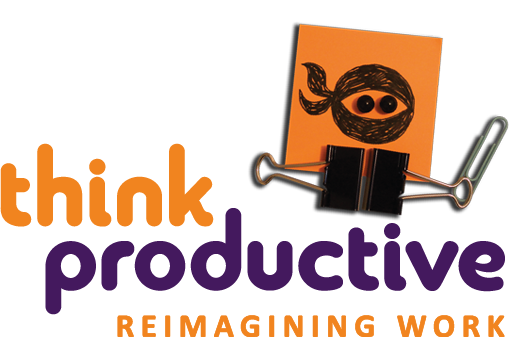April was a bit of a strange month for my productivity experiments.
For a start off, I had the last week of the month off on hols, then the week before that I spent a lot of time building up to my first London Marathon (which was ace!). So I feel I may have blogged a lot less than I’d have liked to.
That said, I had some fascinating conversations with people over the course of the month, some of which I have referenced here already in previous posts and some of which I will be sure to come back to, as I continue blogging through the year. I am also planning on doing a consolidation month towards the end, where I start to design the ideal month of productivity, combining all of the experiments so far. But in the month of April, my goal was to experiment with meditation and look at its effects on – and interaction with – attention.
How did it go? What did I do?
Most days, I managed to use the Headspace app and do a “Take 10” or “Take 15” session. It’s a great app, because it demystifies what meditation is and does. It’s very accessible, not too flowery and very simple to get started. I also tried a few times to meditate without being guided and have to say I didn’t get much better at this as the month went on, but at least the month gave me the impetus to try this more regularly. I’ve always preferred guided meditation (where you have a teacher or a recording keeping you on track) since that’s how I originally started learning in India.
What were the benefits?
I think there were two significant benefits to my focussing on meditation this month.

Firstly, I definitely noticed on the days where I was meditating at the beginning of the day, I was intuitively better able to avoid distractions. On the days I didn’t meditate, I was more concerned with checking Facebook on my phone or cranking through useless emails when my attention deserved better. This is a great reflection for productivity. And feels perhaps superficial compared to what I’m about to say next.
So my second big conclusion is this: I have lately started to gain an appreciation of the power of the present moment – and as philosophical and pretentious as this sounds, there is a profound yet subtle link to productivity here too.
On marathon day, I should have been a bag of nerves. I’d never run one before and even in the build up to it, I was occasionally letting my nerves get the better of my thinking. Cue Lizard Brain (“you’re going to fail“, “you’re going to die at mile 19“, “your knee will shatter into a million pieces“, “you will let EVERYONE down“, and so on and so on). Yep, the Lizard Brain imagines all those nightmare and unlikely scenarios and helps you experience them as if there was a chance they’d ever be real.
Yet on the day, I got up, ate a huge bowl of rice, meditated just for ten minutes and then headed to Greenwich for the start line. The sun was shining, I felt incredibly relaxed despite this moment being six months in the making and having a lot emotionally invested in it. I looked around and could see everyone strutting about looking nervous and fidgety.
But my own Lizard Brain was strangely absent.
Instead, my internal monologue was saying “you’re about to be part of something amazing, look around, savour these moments, appreciate the sunshine, appreciate all the costumes, support, effort, love and human connections that make all this possible“.
I wondered why my lizard brain had been replaced by a hippy. Or at least by the Jim Morrison character from Wayne’s World 2. But really I think meditation has the ability to help us calm down, connect better with what matters and see the world as a cute and beautiful instagram-filtered picture instead of seeing the world as a nagging list of possible nightmare scenarios and struggles to be won or lost.
And what the hell does this second point have to do with productivity? Well, by erasing such deficit-thinking, we connect more with the present moment. By connecting with the present moment, we build a deeper understanding of whatever one thing our attention is on in that moment, and we develop a quality of attention that is deeper – subtly achieved yet profound in its ability to make things happen.
Momentum starts with the moment.
Like this? Try these
Read more about Graham’s Extreme Productivity Experiments
Find your productivity method with one of our How to Get Things Done workshops
Read more about the Lizard Brain
If You’re Too Busy to Meditate, Read This – Harvard Business Review



